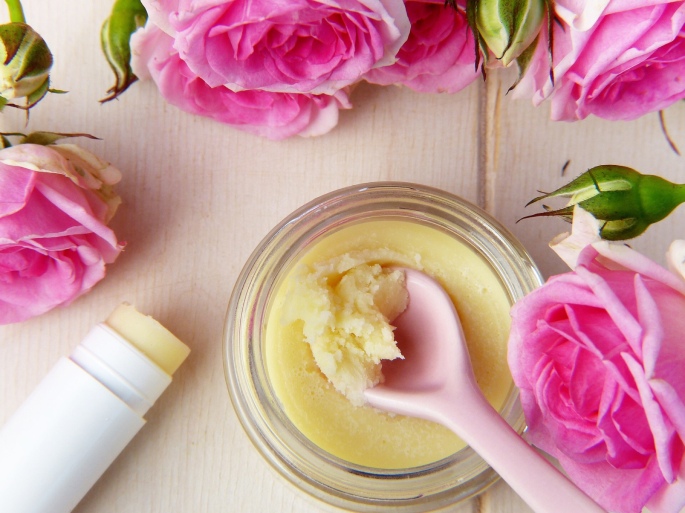
Taking care of your mental health should be a priority, especially if you are recovering from addiction or some other issue. Therapy and medications can certainly help relieve some mental health issues, but did you know that your daily routine can have a big impact on your mental health? Practicing self-care on a daily basis can help keep stress, anxiety and depression in check, but getting into a self-care routine can take some practice. Begin your own journey with these six solid self-care steps.
Get Enough Sleep
Sleep could be one of the most important elements of self-care, so make sure you are getting enough of it. Studies show that lack of sleep can negatively impact mental health, leading to increased anxiety, worsening depression and difficulties controlling emotions. Create a calming bedtime routine by turning down lights and turning off loud or bright electronics. Replace worn-out linens with soft, cozy sheets, and pick pillows that offer comfort. Taking steps to get 7-8 hours of sleep a night can help improve mental, physical and emotional health.
Have Healthy Hobbies
It seems basic, but boredom can lead to anxiety, depression and even addiction. It’s a major trigger for relapses into unhealthy behaviors, but hobbies are a fun way to keep yourself from feeling stagnant and are particularly beneficial if you’re in recovery. You can spend some time getting to know your green thumb in a garden or flex your photography muscles with a camera or your phone. Staying busy and productive can help fight the negative triggers of boredom while improving your self-esteem.
Create a Positive Environment
Your home should be a source of comfort and escape, so take some time to create a proper environment in your space. Clutter can cause stress and degrade mental health, so spend a few hours getting rid of junk and organizing your belongings. Get creative as you tidy up and set up a regular routine to keep things neat. If you’re recovering from addiction, use this opportunity to eliminate triggers in your home, like familiar smells. A positive environment will put you in a better position to stay calm and stay out of trouble.
Practice Mindfulness
Learning to be mindful and truly present is essential for combating the negative effects of stress, anxiety and depression. Create your own mindfulness routines by taking time to savor and enjoy moments throughout the day. Meditation is a wonderful way to polish your ability to live in the present while reducing the stress that can take a toll on mental health. Start with some short, guided meditations and focus on breathwork. Mindfulness is a perfect tool for achieving peace of mind and peace in your life.
Find Comfort in Doing Nothing
Your life likely involves a slew of responsibilities, so it seems counterproductive to spend time doing nothing. That couldn’t be further from the truth. We need moments of solitude and calm in order to recover from the stresses of everyday life. Otherwise, our minds can get overwhelmed and our emotions raw. Take a deep breath and take a few moments to wind down throughout the week. Climb into a warm, soothing bath or lay out in a hammock. Just do nothing and enjoy the time to yourself.
Learning to Say “No”
People are pretty much wired to avoid disappointing one another. That’s why you may find yourself saying “yes” when you’re already feeling burned out. Saying “no” in a positive way can take some practice, but it’s an essential skill in preserving your mental health. Sometimes, you have to distance yourself from tasks, situations or people to stay on track with your own goals in life. You shouldn’t feel guilty for taking time to take care of yourself.
These simple self-care steps can be valuable tools when it comes to taking care of and improving your mental health. Putting yourself first can be crucial to managing stress and overcoming obstacles, so learn how to make yourself a priority in your own life. Doing so can open up doors to happiness and possibility that you never knew existed.
Blog post from: Brad Krause
Photo credit: Unsplash

 I found the importance of self-care when I became a mother in 2016. Having a daughter helped me to realize that I am not only caring for myself but the life of another individual. With that, I felt led to better care for myself so I can give the best care to my daughter that I could give. Working out has been the single most effective way that I have been able to care for myself. As a former track and field athlete, I feel at my best when I am at the gym. As I sweat I feel the stress dripping away with the droplets of my own hard work. I am allowed to free my mind and build my body at the same time. I am a whole person minded therapist and I use that in my own personal life. I try to maintain balance in all areas of my life; my mind, body, and spirit.
I found the importance of self-care when I became a mother in 2016. Having a daughter helped me to realize that I am not only caring for myself but the life of another individual. With that, I felt led to better care for myself so I can give the best care to my daughter that I could give. Working out has been the single most effective way that I have been able to care for myself. As a former track and field athlete, I feel at my best when I am at the gym. As I sweat I feel the stress dripping away with the droplets of my own hard work. I am allowed to free my mind and build my body at the same time. I am a whole person minded therapist and I use that in my own personal life. I try to maintain balance in all areas of my life; my mind, body, and spirit.